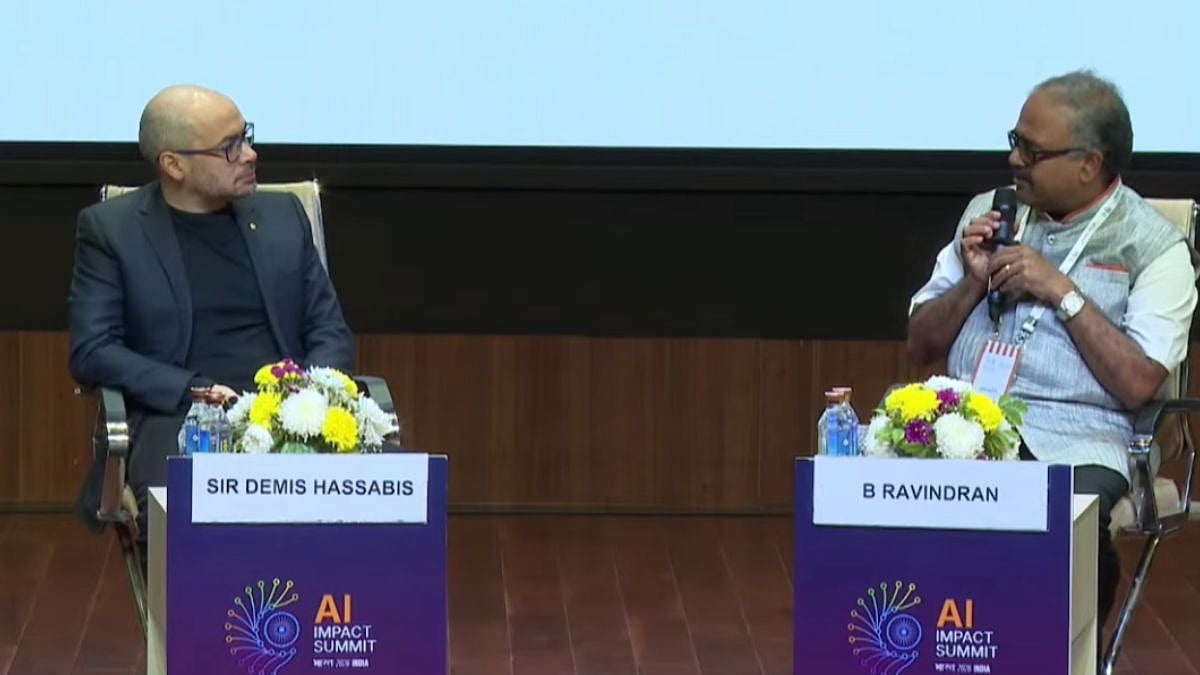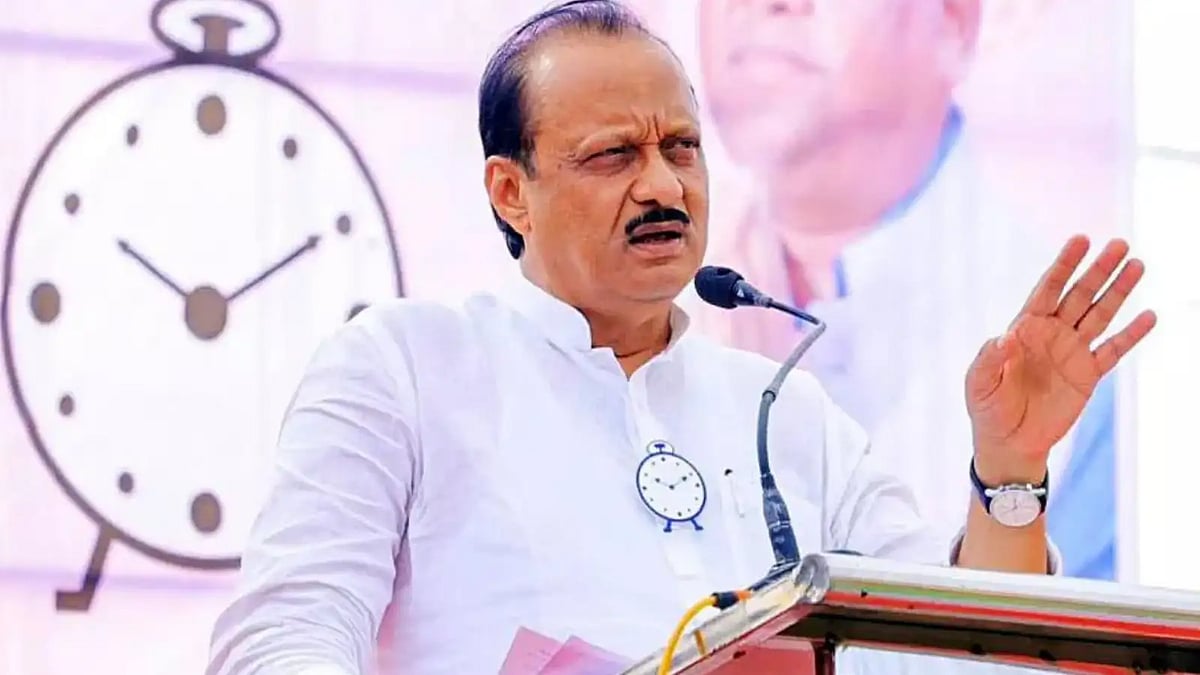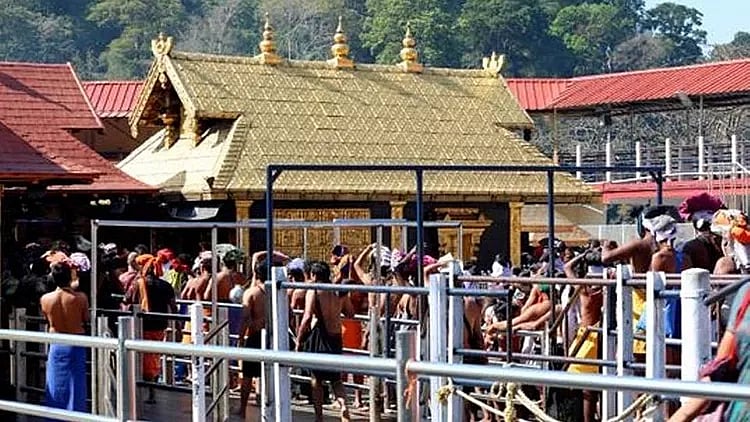Political instability has been endemic to Uttarakhand, created in 2000 following a prolonged agitation for statehood. On Sunday, Pushkar Singh Dhami became the 11th chief minister of the state. So far, only one — ND Tiwari of the Congress — has completed a full term of five years. Dhami is the third chief minister since the BJP came to power a little over four years ago.
The game of musical chairs happens because the Central leadership of the BJP is not prepared to leave the election of the chief minister to the party’s legislative wing. In an ideal situation, after every election, the party or alliance which gets a majority in the state legislature elects someone as the legislative party leader by virtue of which he or she becomes the chief minister. This practice was given a go-by a long time ago.
What the BJP has done while appointing Trivendra Singh Rawat, Tirath Singh Rawat and Pushkar Singh Dhami in succession is what the Congress had been doing. The standard practice followed by the Congress high command was to send an observer to the state who, after consultations with the MLAs, would announce the name of the chief minister. More often than not, such consultations were also not held when a name was announced in Delhi. The BJP has been imitating the Congress to a T in selecting its chief ministers. Utter thoughtlessness was evident when its leadership foisted Tirath Singh Rawat on the state, as chief minister. The party had not taken into account the fact whether he would be able to become an MLA within a six-month period or not.
In retrospect, Tirath Singh Rawat turned out to be the Congress Party’s Chandra Shekhar Singh. The latter was a Rajya Sabha member when the then Prime Minister Rajiv Gandhi sent him as chief minister of Bihar. He lost the post when he could not get elected to the assembly within the stipulated period. Rawat’s claim that it was the Election Commission’s inability to hold a by-election in the state as the present House will complete its term early next year which forced him to quit may be a facesaver. It is indisputable that a large section of the MLAs was not happy with either his selection or his style of functioning. They could not be blamed if they considered him an imposter who suffered from what is called the foot-in-the-mouth syndrome.
Much the same can be said about the new chief minister who, at 45, is the youngest-ever. His youthfulness could be a liability when the party has many veterans who are also chief minister-aspirants. It is a matter of speculation how much freedom he enjoys as chief minister. That he accommodated all the ministers in the Rawat ministry in his own Cabinet, upgrading some of them to the Cabinet rank, does not show him as a leader in his own right. The inference is that he was forced to adopt the outgoing ministry as his own ministry. He has the onerous task of leading the party in the next assembly elections and bring it back to power, as he can no longer rely on the Modi factor alone to win. The recent election results show that Modi is no longer the party’s trump card.
One reason why the Congress chose political pygmies as chief ministers, especially after the death of Jawaharlal Nehru, was to not let leaders with a mass base like S Nijalingappa in Karnataka, K. Kamaraj in Tamil Nadu, Durga Prasad Mishra in Madhya Pradesh and GB Pant in Uttar Pradesh become a force to reckon with in the states concerned. The high command wanted leaders who always looked up to Delhi for direction, even to drop or to accommodate a minister, which is the prerogative of the chief minister. Following in the footsteps of the Congress, the BJP has been giving up its claim as the party with a difference.
Like the Congress, the BJP has also been becoming a victim of factionalism. This is not just confined to Uttarakhand. In fact, in almost all the states where the BJP has been in power like Karnataka and Tripura, there are strong contenders for the post of chief minister. Even in states like Rajasthan where the party is in the opposition, it is far from united against the ruling Congress because of factional fights. These trends do not redound to the credit of the nation, touted as the world’s largest democracy.









